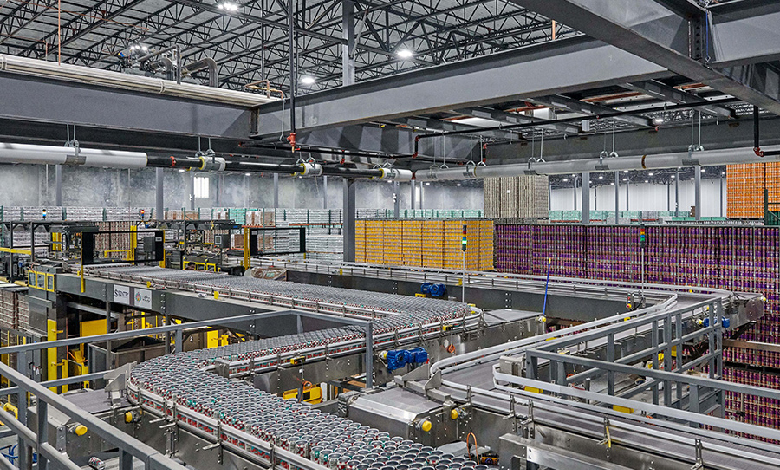Green Fertilisers Key To Reduce Emissions From The Food System

The Intergovernmental Panel on Climate Change (IPCC) released a notable report in 2021, raising serious concerns over the climate crisis already affecting patterns in every region across the globe. It said scientists have been observing sizeable changes on the planet.
Several of the changes are unprecedented and some of the shifts are in motion now, and some – including continued sea level rise – are already “irreversible” for centuries to millennia, ahead, as per the report. But the authors also emphasised that there is still time to limit the transition.
Green Fertilisers Can Be The Next Big Thing
Decarbonisation is now the only path forward, and the global food system must embrace the necessary changes too. In order to reduce the significant emissions from the sector and meet the goals of the 2015 Paris Agreement, green fertilisers have become crucial.
Now, much more than ever, the international community is focusing on its mission to responsibly feed the population and protect the planet. Green fertilisers can be the next big thing as they hold considerable potential to transform the food value chain.
By transitioning to green fertilisers produced with renewable electricity, the international community can reduce its reliance on fossil sources and adopt a food system that is free from their emissions. The shift can make the food system more resilient.
Giving Consumers More Sustainable Choices
Switching to green fertilisers can bring us closer to a nature-positive food future. The transition is expected to reduce the carbon footprint of certain crops by between 10 and 30%, eventually giving consumers more sustainable food choices.
Read More: 7 Positive Climate Developments This Year, Plus One Louder Change
Green fertilizers have a significantly lower impact on the environment. Farmers can now achieve the same crop quality and yield without making any changes to their farming practices. The innovation can also help food companies effortlessly address their carbon footprint.



